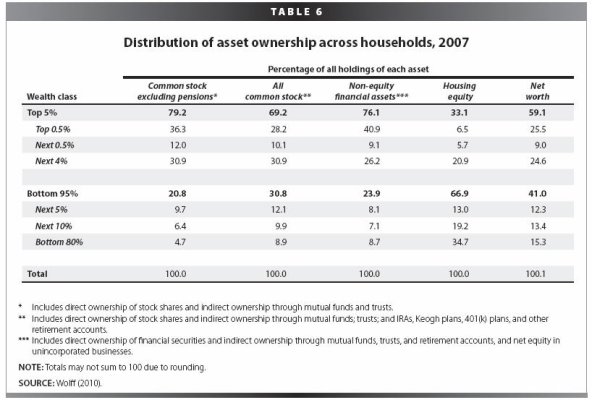According to a study performed by the National Bureau of Econ. Research nearly 50% of Americans could not definitely/probably raise $2,000 in one month.
I guess with Federal transfer payments at all time highs this makes sense, but it still makes me very suspect on the strength of the economy.
Nearly Half of Americans Are ‘Financially Fragile’ - Real Time Economics - WSJ
I guess with Federal transfer payments at all time highs this makes sense, but it still makes me very suspect on the strength of the economy.
Nearly Half of Americans Are ‘Financially Fragile’ - Real Time Economics - WSJ


